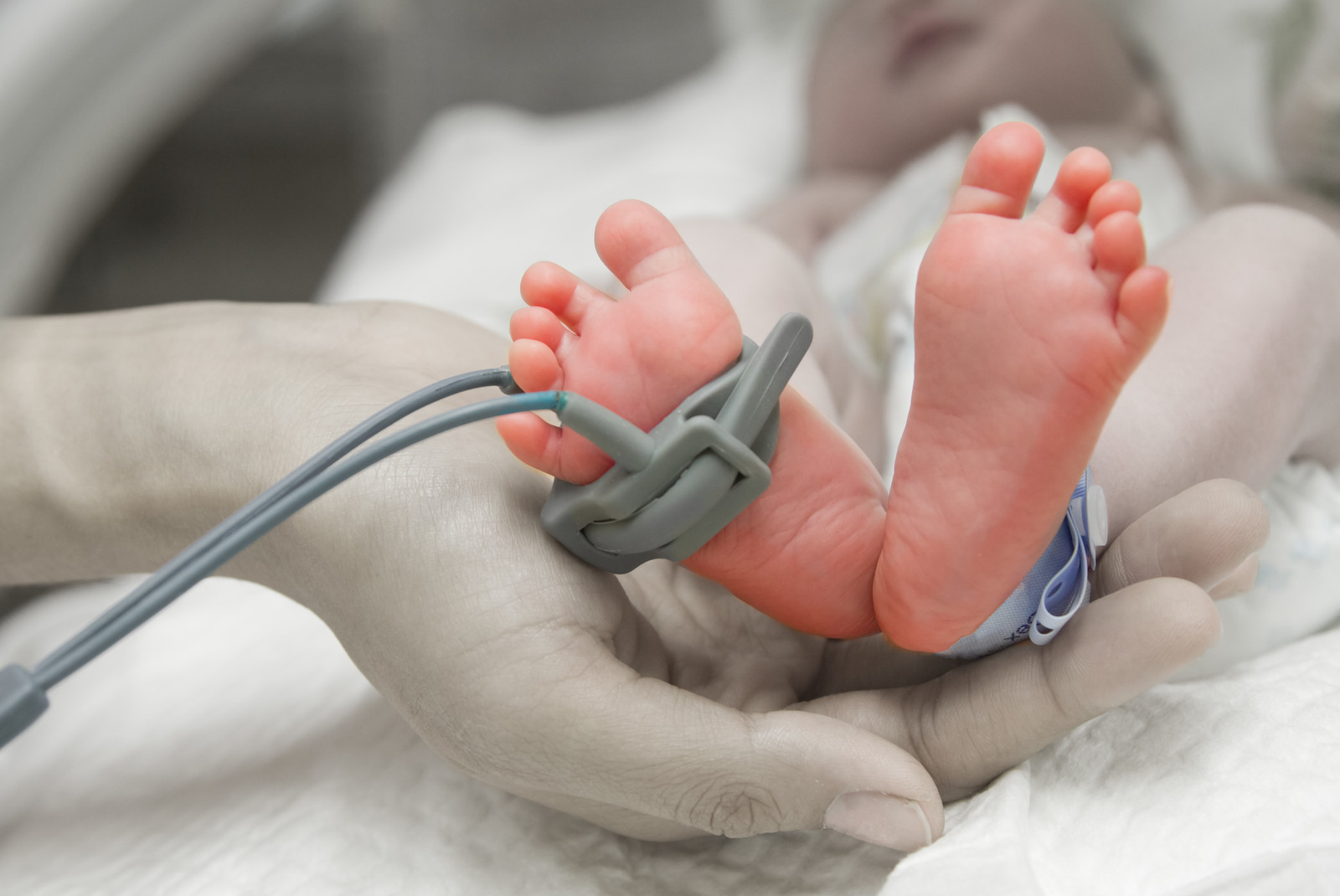
$120 Million Verdict in Delayed Obstetric Intervention Case
In a landmark medical malpractice case out of Wayne County, Michigan, a jury awarded $120 million to the family of a child who suffered catastrophic injuries during childbirth. The verdict held Henry Ford Health System and members of its obstetric team liable for a delay in performing an emergency cesarean section. Attorneys following birth injury cases cite this outcome as a clear example of how deviations from established standards of care can lead to devastating consequences and substantial liability.
Background of the Case
Kirsten Drake, a 20-year-old woman at full term, was admitted to Henry Ford Hospital in Detroit in June 2010. Upon admission, fetal monitoring revealed non-reassuring heart rate patterns, including late decelerations, reduced variability, and an absence of accelerations. These are clinical indicators that the baby may not have received adequate oxygen. Obstetric guidelines recommend delivery within 30 minutes under such circumstances, ideally sooner in emergencies.
Despite these indicators, more than two hours elapsed before a cesarean section was performed. During that delay, the baby, K’Jon, experienced prolonged oxygen deprivation, resulting in severe and irreversible neurological damage.
Nature of the Injuries
K’Jon was diagnosed with hypoxic-ischaemic encephalopathy (HIE), a type of brain injury caused by oxygen and blood flow deprivation during birth. He also suffered from cortical visual impairment, a seizure disorder, and global developmental delays. He is fed via a gastrojejunostomy (GJ) tube and requires continuous care. He is not expected to gain the ability to walk, speak, or live independently.
His mother and grandmother provide round-the-clock care, assisted in part by a caregiver stipend from the State of Michigan. Despite this support, the family’s physical, emotional, and financial strain remains significant.
Legal Arguments and Trial Proceedings
The lawsuit, named Henry Ford Health System, attending obstetrician Dr. Leila Hajjar Nolan, and several members of the nursing staff. The plaintiffs—Kirsten Drake and the Michigan Department of Health and Human Services—alleged that the defendants failed to recognize and act upon fetal distress signals in a timely manner, breaching the applicable standard of care.
Expert medical witnesses testified that the fetal monitoring strips demonstrated signs of continued hypoxic stress. According to the plaintiffs, standard protocols required expedited delivery, yet the monitoring was either interrupted or not appropriately escalated, and no documented justification for the delay was found in the records.
During the three-week Wayne County Circuit Court trial, the jury evaluated detailed timelines, clinical protocols, and medical testimony on causation and prognosis. The defense argued that the delay in delivery was reasonable and that the injuries could not be conclusively attributed to the lapse. The plaintiffs, however, presented a compelling and coherent case that no alternative explanation accounted for the extent and nature of K’Jon’s injuries.
Medical Basis for the Verdict
Key clinical data included fetal heart tracings showing late decelerations, reduced variability, and the absence of accelerations. These are all widely recognized as signs of fetal distress and inadequate oxygenation that require immediate intervention.
Additional evidence showed that the delay surpassed the 30-minute decision-to-incision benchmark and broader safety thresholds ranging from 60 to 75 minutes. Supporting findings included cord blood results showing a pH of 6.96 and a base deficit of 13, confirming significant metabolic acidosis. Imaging and clinical evaluations revealed brain damage in the motor cortex and basal ganglia, which are critical to movement and cognitive function. Medical experts concluded that the brain injury was permanent and not amenable to reversal.
Jury Findings and Damages
The jury unanimously found the defendants liable for medical negligence. The $120 million award included just over $500,000 for past medical expenses (some of which had been covered by the Michigan Department of Health and Human Services), substantial damages for future care, non-economic harm, and the loss of earning potential.
Henry Ford Health System has stated its intent to appeal. Legal observers noted that the well-documented clinical findings, expert medical testimony, and alignment between the delay and the resulting injury made for a particularly persuasive case.

